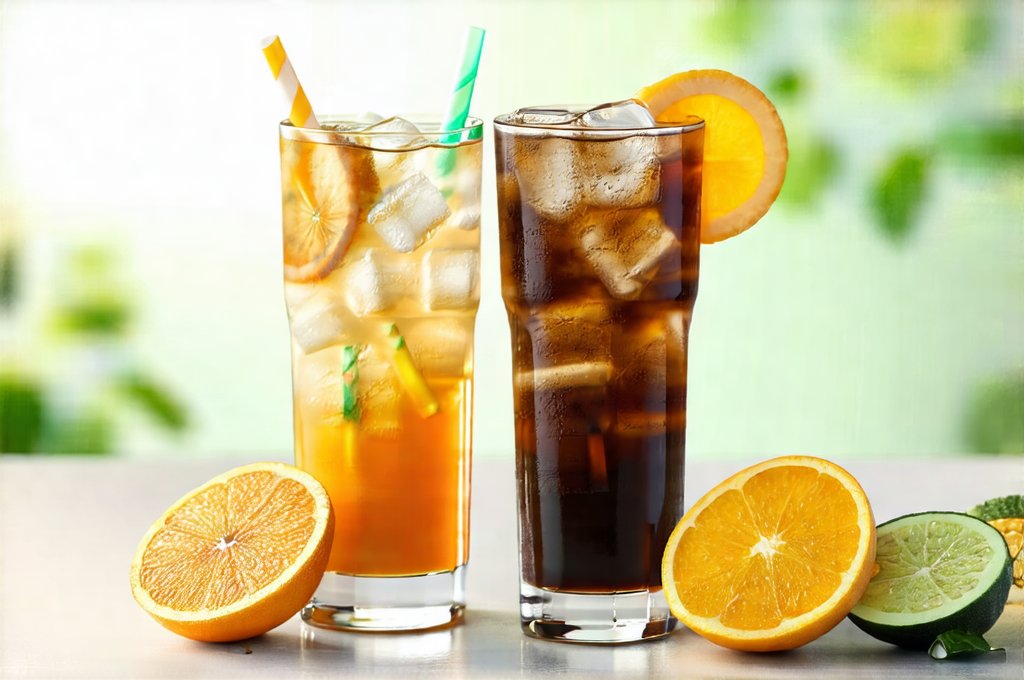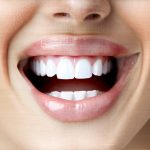Maintaining optimal hydration throughout the day is fundamental to overall well-being. Yet, many popular beverages contribute to enamel erosion due to their acidic nature. This seemingly minor issue can have long-term consequences for dental health, potentially leading to sensitivity and increased risk of cavities. Beyond dental concerns, excessive acidity can also impact digestive comfort and even exacerbate conditions like acid reflux in some individuals. Therefore, consciously choosing low-acid or zero-acid beverages is a proactive step toward safeguarding both oral and systemic health. It’s about enjoying refreshment without compromising long-term well-being – finding alternatives that quench thirst and support overall health.
The challenge lies in identifying truly safe options amidst a sea of sugary sodas, acidic juices, and even seemingly innocuous flavored waters. Many beverages marketed as “healthy” still contain hidden acids or ingredients that convert to acid within the mouth. This article aims to provide a comprehensive guide to the best zero-acid beverages you can confidently sip throughout the day, exploring their benefits, potential drawbacks (if any), and practical tips for incorporating them into your daily routine. We’ll move beyond simple water recommendations to explore diverse and satisfying alternatives that cater to different tastes and preferences – all while prioritizing dental and digestive health.
The Foundation: Water & Its Enhanced Forms
Water remains the gold standard of hydration, being completely zero-acid and essential for virtually every bodily function. However, plain water can sometimes feel…well, plain. Thankfully, there are numerous ways to enhance its appeal without introducing acidity. Infusing water with fruits, vegetables, and herbs is a fantastic way to add flavor naturally. Cucumber and mint, strawberry and basil, or even ginger and lemon (used sparingly – see cautions below) offer refreshing variations. The key here is minimal citrus; a thin slice of lemon in a large pitcher won’t cause significant harm but avoid concentrated lemon water as a daily habit.
Beyond infusions, consider mineral-rich waters like spring water or artesian well water. These often contain naturally occurring electrolytes that can further support hydration and replenish those lost through sweat or activity. Look for brands with low total dissolved solids (TDS) if you prefer a cleaner taste. Another excellent option is coconut water – naturally hydrating and containing electrolytes, it’s generally very low in acidity, though some brands may add sugar, so always check the label. Proper hydration isn’t just about drinking; it’s about quality and consistency. If you struggle with digestive issues, learning how to soothe the gut after trigger meals can be very helpful alongside proper hydration.
Finally, sparkling water or seltzer can be a satisfying alternative to carbonated sodas without the acid content. Just ensure you’re choosing options without added citric acid or flavoring that could negate its benefits. Plain sparkling water is your safest bet. The effervescence provides a textural experience that many find enjoyable and can help curb cravings for sugary drinks.
Herbal Teas: A Gentle & Flavorful Choice
Herbal teas, unlike black or green tea which contain tannins and some acidity, offer a vast array of zero-acid options. Chamomile, peppermint, hibiscus (in moderation – see cautions below), rooibos, and ginger are all excellent choices. These teas provide hydration and potential health benefits, ranging from calming properties to digestive support. Rooibos, for example, is naturally caffeine-free and rich in antioxidants. Peppermint tea can aid digestion and soothe an upset stomach. Understanding how to reduce abdominal tension throughout the day might also complement your herbal tea routine for added comfort.
However, it’s crucial to be mindful of added ingredients. Many commercially available herbal teas contain flavoring or fruit pieces that can increase acidity. Opt for pure herbal blends without additives whenever possible. Brewing your own loose-leaf tea allows you to control the ingredients entirely. Also, while hibiscus is generally low in acid, prolonged steeping can release more acidic compounds, so limit steep time and consumption if you have sensitive teeth.
Herbal teas are an excellent alternative to sugary beverages, offering a naturally sweet or savory flavor without compromising dental health. They also provide a moment of calm and mindfulness during your day – turning hydration into a relaxing ritual. Experiment with different blends to find those that best suit your taste and needs. If you’ve overindulged, remember how to calm your stomach after a cheat day – herbal teas can be part of the solution!
Milk Alternatives: Beyond Cow’s Milk
For those seeking creamy beverages, milk alternatives can be surprisingly zero-acid friendly. Almond milk, oat milk, cashew milk, and hemp milk are all excellent options, provided they are unsweetened and unflavored. Cow’s milk itself is relatively neutral in pH but contains lactose, which some individuals may find difficult to digest. Plant-based milks offer a viable alternative for those with dietary restrictions or preferences.
It’s important to read labels carefully, as many commercial brands add sugar, flavoring, or stabilizers that could introduce acidity or unwanted ingredients. Look for options labeled “unsweetened” and “unflavored”. You can then customize your milk alternative by adding a dash of cinnamon, vanilla extract, or even a small amount of fruit (again, sparingly). Be mindful of the potential for added gums or thickeners in some brands, as these may cause digestive discomfort in sensitive individuals. If you’re unsure about food sensitivities, it’s helpful to consider can you react to the same food differently over time.
Furthermore, consider fortified plant-based milks to ensure you’re getting adequate calcium and vitamin D. These nutrients are essential for bone health and overall well-being. Properly chosen milk alternatives can be a satisfying and nutritious addition to your daily hydration routine.
DIY Electrolyte Drinks: A Natural Boost
Commercial electrolyte drinks often contain high levels of sugar, artificial sweeteners, and citric acid – making them detrimental to dental health. Fortunately, creating your own natural electrolyte drink is simple and effective. The foundation involves water combined with a pinch of sea salt (for sodium), a squeeze of lime or lemon juice (again, extremely sparingly – think a few drops in a large glass), and a source of potassium such as coconut water or a small amount of orange juice pulp (avoiding the acidic liquid).
You can enhance the flavor further with herbal teas like hibiscus or chamomile. A simple recipe could include: 16 ounces of filtered water, ¼ teaspoon sea salt, 2 tablespoons coconut water, and a few drops of lime juice. The key is balance. The small amount of citrus provides some electrolytes without significantly impacting acidity.
Homemade electrolyte drinks are particularly beneficial after exercise or during periods of dehydration. They replenish lost minerals and support optimal hydration without the harmful additives found in many commercial products. This allows you to stay hydrated and energized while protecting your dental health. Remember, moderation is key even with natural ingredients; prioritize water as your primary source of hydration. For overall wellness, consider how to cleanse the liver safely through everyday habits alongside proper hydration and nutrition. Additionally, learning how to use spices without irritating the gut can help you create flavorful beverages even with a sensitive digestive system.
The information provided here is for general knowledge and informational purposes only, and does not constitute medical advice. It is essential to consult with a qualified healthcare professional for any health concerns or before making any decisions related to your health or treatment.


















